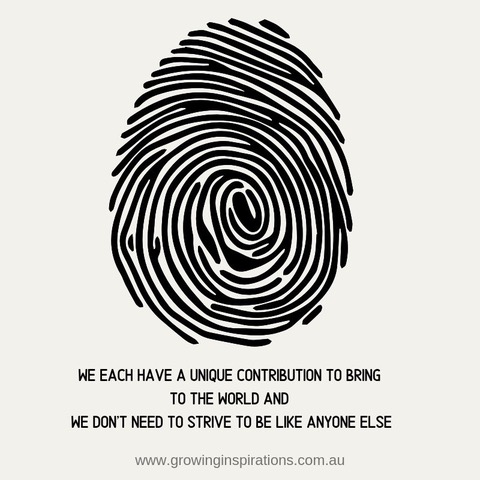Probably like most people, you think you’re good when you do certain things, like go to the gym or eat healthily. And bad when you do other things like eat junk food or watch excess television.
We each have a set of rules that we measure our actions against, and the actions of other people we encounter.
We are wise to examine those rules, to check if they are true for us. They may be old beliefs we’ve taken on board as gospel from others.
Any time you think you “should” be doing something, it can be a sign you’re taking on someone else’s ideals.
The things in our lives which are most important to each of us form our unique set of values. They drive our behaviour and responses.
We admire those whose behaviour supports our values. We resent those whose behaviour challenges our values.
A parent who has a high value on their children will manage being woken in the middle of the night more easily than the parent who has a high value on career. They may feel that disturbed sleep affects their work performance.
Both parents might prefer to sleep through, but one will feel more resentment about disturbed sleep than the other. It’s the same set of circumstances but a different response according to a different value set. Neither parent is good or bad. Nor is the baby who sleeps through really good or the one who wakes repeatedly, bad.
Do we just grin and bear the challenges?
We can benefit from seeing how any challenge helps us to fulfil our highest values. A mother in a busy household might recognise that the time feeding the baby in the middle of the night is time out from the daily chaos. (one client saw that she was able to watch her favourite tv series without interruption then). That time for her own needs helps her to maintain the daily chores of caring for children without resentment.
A parent who is working long hours can recognise that this is a time for them to bond with the baby. Or that time may be useful for strategising and problem solving for the coming day. (If you think “No, the parent should be present with the baby then”, that will let you know that the child is your highest value – not good or bad, right or wrong, just your value, not everyone’s!).
We are constantly making decisions based on what we believe to be right or wrong, good or bad. The things we think are right will accord with our set of values.
Many of the things we think are bad or wrong are values we have taken on from others along the way. People we’ve admired or seen as an authority.
If our parents thought it vital to gain a university education, we may challenge a teenager who wants to leave school early or pursue something other than a degree.
Sometimes this will cause a values conflict and we are wise to ask ourselves – is it vital for my child to go to university? Or is that what I did to please my parents? Was it perfect for me but perhaps not for my child?
We experience values conflicts with others, but also in relation to the choices we make in our own lives.
-
We might stay in a relationship for longer than it serves us (or the other person). We may believe that loyalty is important, or that leaving will be evidence of a failure on our part
-
Perhaps we work when children are small because we think we have to, or stay at home with them because we think we have to – neither is good or bad, but one path might provide a richer experience for the whole family than another.
-
We may feel compelled to help others while resenting not having time to do what’s important to us.
-
We may spend money on things we’ve been conditioned to see as vital, and resent not having the funds to do what is inspiring for us.
We are constantly making choices in our lives, often unconsciously driven by beliefs about what is good or bad, what presents us as a good or bad person.
While you will judge some things you do as good or bad, it does not mean that you are good or bad, worthy or not, loveable or not.
When we do what feels meaningful for us, we can more effectively manage the challenges we face.
When we do what we value, we bring value to the people in our lives and to the world.
The truth is that each one of us has a magnificence far greater than we can imagine. It is only by honouring our own truth and taking action accordingly that we can bring to the world the gifts we are here to contribute.

Contact me if you would like assistance to clear what’s in the way of living more magnificently

